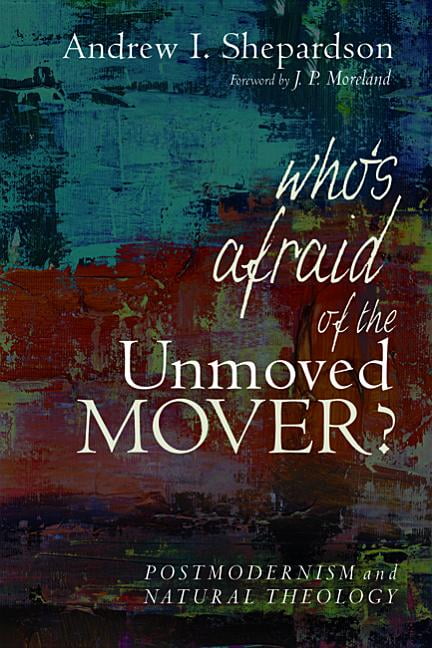
In this sense he brings metaphysics to this world of sense experience–where we live, learn, know, think, and speak. Metaphysics, for Aristotle, was the study of nature and ourselves. He agreed with Plato that knowledge must be universal and concerned with what things have in common, but he rejected Plato’s view that Forms could be separated from particular things. Aristotle believed that this world is our world. The eternal nature of the Forms made them useless for understanding how particular things could change.Īlso, Aristotle wanted to determine the nature of reality, but Plato had argued that reality was something transcendent–beyond our experiences. Plato’s Forms are degrading to the particular things we experience in the world Specifically, the idea that an object “participates” with a Form is vague and tells us nothing about how these things truly interact. Plato’s Forms fail to explain the relationship between the Forms and the particular things. his notion that there is a higher reality that is only graspable by the mind).Įxplain the objections that Aristotle raised regarding Plato’s Forms: He rejected Plato’s transcendentalism (i.e. Aristotle believed that it is the physical world that is observable. This applies to ethics, politics, art, and the natural world (ibid.).Īccording to Plato’s theory of Forms, all else is an imperfect copy-an illusion in comparison. Everything has a function or purpose and its essential nature is to grow and achieve its purpose. Another difference is that modern science sees the world as a machine whereas Aristotle sees it as an organism.

He believed that philosophy could find answers to things through observation. While modern science emphasizes laws, Aristotle emphasizes the search for accurate definitions of things in terms of their essential properties. Aristotle’s concepts are function, classification, and hierarchy he uses these concepts to explain everything.

Modern science is grounded by a few basic concepts: mass, force, element, evolution and the like.

He tries to find the basic principles that reveal the underlying pattern in all of the changing and conflicting aspects of our world. Aristotle sees philosophy as an extension of science, which means that he is attempting to understand the whole-the universe, humanity, and culture.


 0 kommentar(er)
0 kommentar(er)
